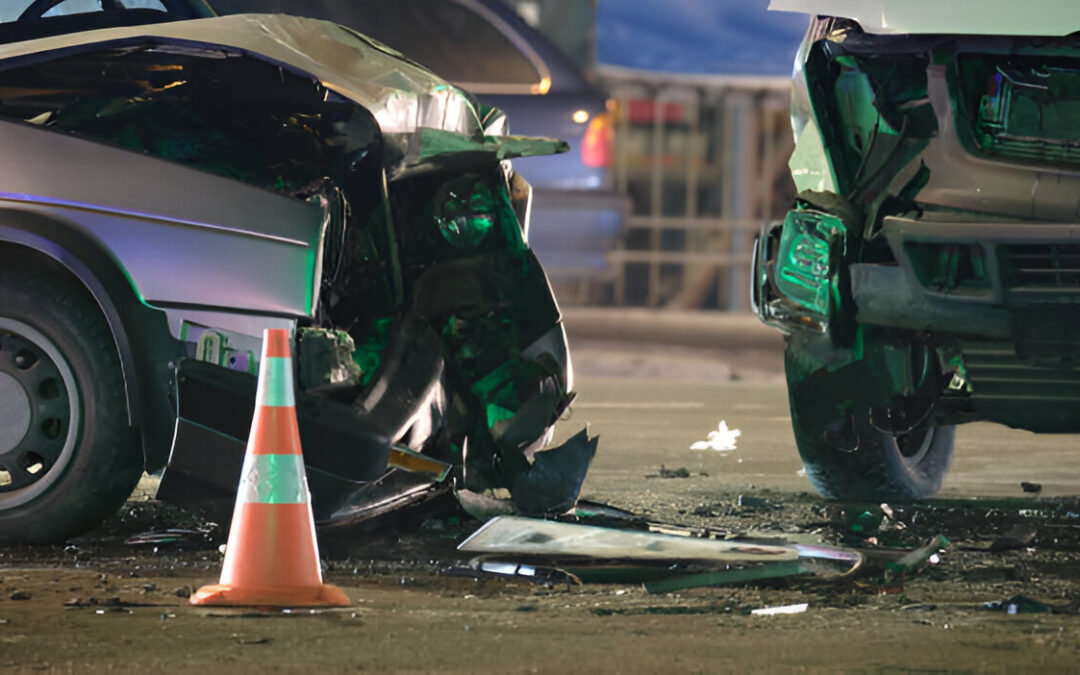When you suffer trauma to the head, whether from a car accident, a slip and fall accident, or another type of accident, you should be on the lookout for some common traumatic brain injury characteristics.
The sooner you recognize the symptoms, the faster you can seek care for your injuries. Here are a few things you should know.
Traumatic brain injury characteristics to watch for:
- Headache
- Nausea
- Vomiting
- Fatigue
- Problems speaking
- Balance issues
- Mood swings
- Depression
- Loss of consciousness
- Memory problems
- Seizures
- Fluid draining from ears or nose
- Confusion
- Pupil dilation
- Weakness
- Loss of coordination
- Sleeping issues
Read on for more details on these symptoms.
Traumatic Brain Injury Characteristics You Need to Know
Physical Characteristics
Mild, moderate, and severe TBI symptoms often occur in the hours, days, and even weeks following a head injury. Physical symptoms of mild TBI can include headache, nausea, vomiting, fatigue, problems with speech, balance issues, and other characteristics.
For moderate to severe traumatic injuries, physical symptoms may also include more pronounced or persistent headache, nausea, and vomiting, as well as loss of consciousness, seizures, fluid draining from the ears or nose, dilation of one or both pupils, weakness, and loss of coordination.
In addition to physical traumatic brain injury characteristics, be sure to monitor yourself for cognitive and behavioral changes, too.
Cognitive and Behavioral Characteristics
Mild TBI may present as changes in behavior or cognitive abilities. Mood swings, feelings of depression, difficulty sleeping, trouble remembering things, and confusion are common. Moderate and severe TBI may also cause these symptoms in a more pronounced form.
When You Should Seek Treatment
You should note that terms like mild, moderate, and severe are used to describe the effect that an injury has on brain function, not the seriousness of the injury. Mild TBI can still be serious, so you should consult with a physician even when your symptoms are not pronounced. Only when you have a clear diagnostic picture of your condition can you be sure about proper treatment. You should always seek medical treatment following a head injury.
If you experience severe traumatic brain injury symptoms, you should call 911 or visit an emergency care facility.
Have you or a loved one experienced a traumatic brain injury because of negligence? Talk to the attorneys at Pacin Levine, P.A.
Depending on the events leading up to your head trauma, you may be entitled to compensation to cover your treatment and related damages. If you have been in a car accident or been injured because of negligence, an attorney can help you recover financially.
At Pacin Levine, P.A., we are experts in personal injury and car accident cases. Please get in touch with us today if you think you have a case. We will discuss the details during your free case review and help you determine your next steps.
Are you ready to pursue your case? Contact us today and set up an appointment to speak to an attorney. Call us at 1-800-24-7-CRASH or write to us at [email protected].












